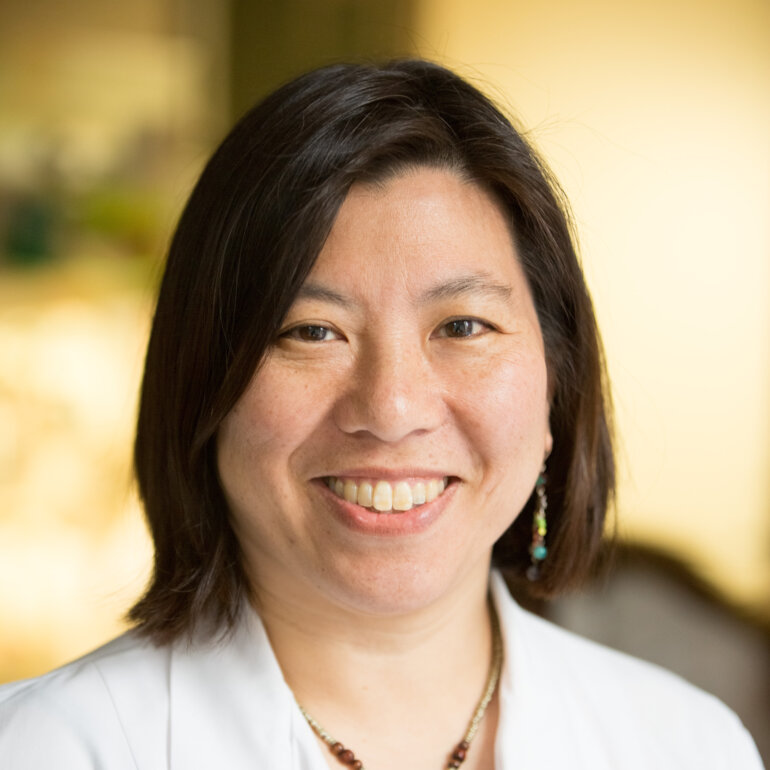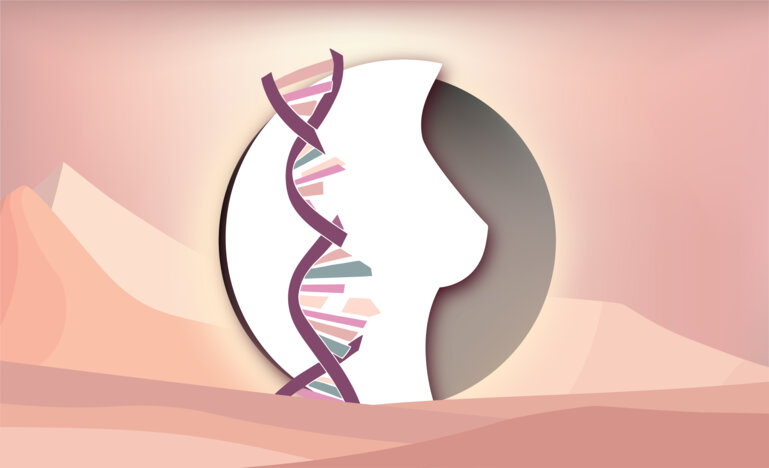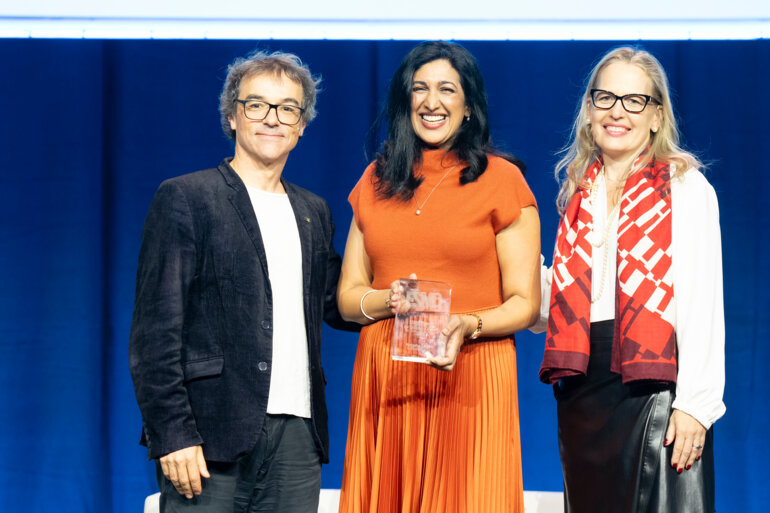
How therapeutically tractable is MUC1 as a tumour-associated antigen?
Early proof-of-concept is provided showing pan-tumour activity of a novel antibody–drug conjugate

Early proof-of-concept is provided showing pan-tumour activity of a novel antibody–drug conjugate

Although genomics-guided personalised cancer vaccines have demonstrated efficacy in early-phase clinical studies, we are still awaiting the results of larger-scale trials

After decades of missed promises, cancer vaccines are likely approaching prime time due to major advances in cancer immunobiology, immunotherapy and biomedical technology

Interest is growing rapidly in the field of oncology in the anti-obesity drug target that has recently been investigated in large retrospective studies and preclinical models

The ELCAP statements, developed by a group of international experts, help oncology stakeholders recognise the opportunities and the risks of these artificial intelligence systems by categorising them into three types

Presidential presentations in early breast cancer provide first evidence of ADCs rapidly moving into the curative setting across multiple cancer types

Positive findings from the DESTINY-Breast05 and DESTINY-Breast11 trials suggest that a paradigm change in the treatment of high-risk patients may be imminent

Study findings reveal that good thymic health, based on an AI-derived algorithm, is associated with improved survival after immunotherapy in different tumour types

Despite growing disappointing results from clinical trials, focus should now turn to the design of studies to better reflect tumour heterogeneity

Receiving the 2025 ESMO Women for Oncology Award, Dr Natasha Leighl stresses the importance of passing along learnings, support and opportunities to others
This site uses cookies. Some of these cookies are essential, while others help us improve your experience by providing insights into how the site is being used.
For more detailed information on the cookies we use, please check our Privacy Policy.
Necessary cookies enable core functionality. The website cannot function properly without these cookies, and you can only disable them by changing your browser preferences.